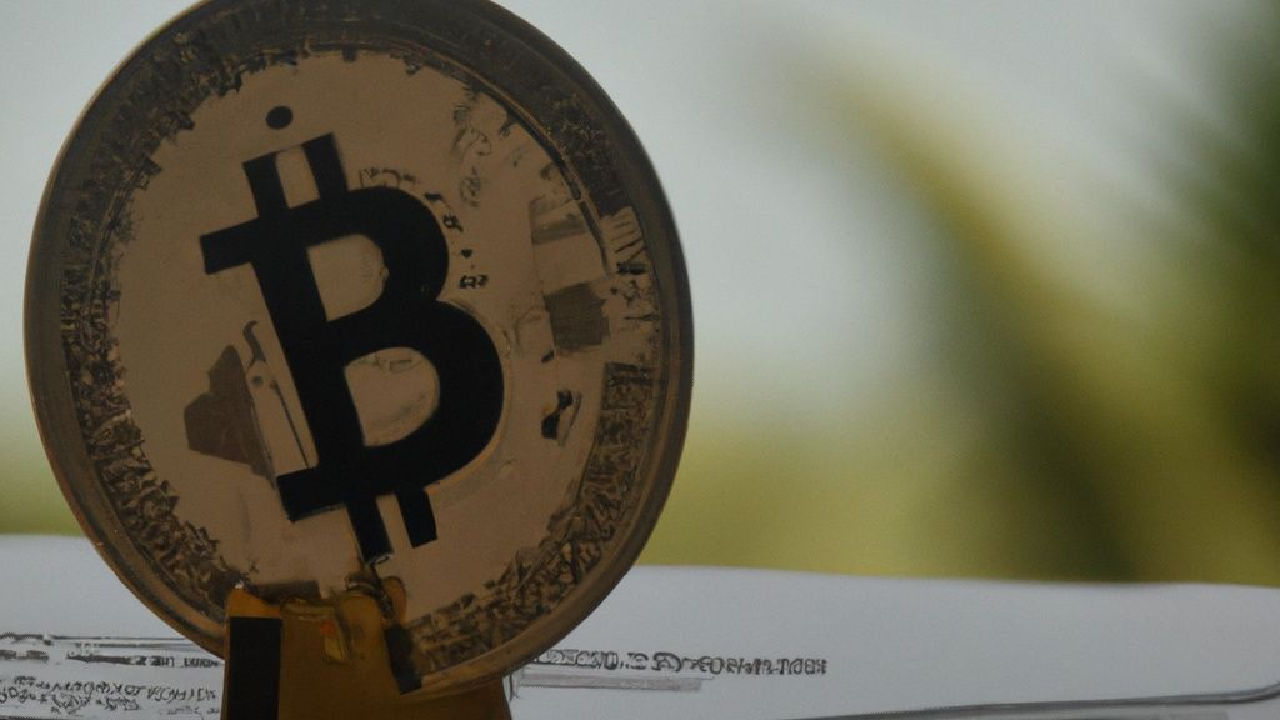
The fate of the Panama Crypto Bill project, approved by the National Assembly last year, now depends on a decision by the country’s Supreme Court. The approval of the project, which was vetoed by President Laurentino Cortizo, is now in the hands of the Court after Congress refused to veto it.
There is still a chance for Panamanian legislation to be approved
{18
The Panamanian cryptocurrency bill submitted to the National Assembly in 2021 and passed by the institution last year has a chance to be reviewed and approved even without presidential support. The fate of the document is now in the hands of the Supreme Court of Panama, which must consider arguments for and against sanctioning the regulatory framework.
President Laurentino Cortizo received the document on January 18 to authorize the bill, but after vehement objections to its form, he delivered the document to the Court instead. After the National Assembly, the body that must decide on the document’s future debated it and again decided to uphold it in its present form. The Executiveinformed theof these proceedings on January 26. It stated.
Among the considerations taken by the executive branch in objecting to the bill submitted to the National Assembly, it stated that this legislative initiative must be “adapted” to the norms regulating the financial system and Panama’s monetary model.
Specifically, Cortizo criticizes Articles 34 and 36, and by extension, the entire bill.
Road to the Supreme Court
The bill has been stalled by President Laurentino Cortizo and Congress since May, with Cortizo stating that he would not sign the bill in its current form due to concerns about money laundering and criminal financing. At the time, however, Conrtizo also praised the law as “innovative and good.”
Finally, in June, Cortizo issued a partial veto of the bill, sending it back to the National Assembly with criticism of certain aspects of the bill. The National Assembly had the opportunity to either change it to fit the president’s concerns or push for sanctions as it had previously approved.
The veto triggered a negative reaction among some representatives of the National Assembly, stating that it was a lost opportunity to attract investment from cryptocurrency companies and achieve more financial inclusion. Latam countries such as Brazil, El Salvador, and Venezuela have already regulated cryptocurrency and crypto mining operations.
Image credit: Shutterstock, Pixabay, Wiki Commons














